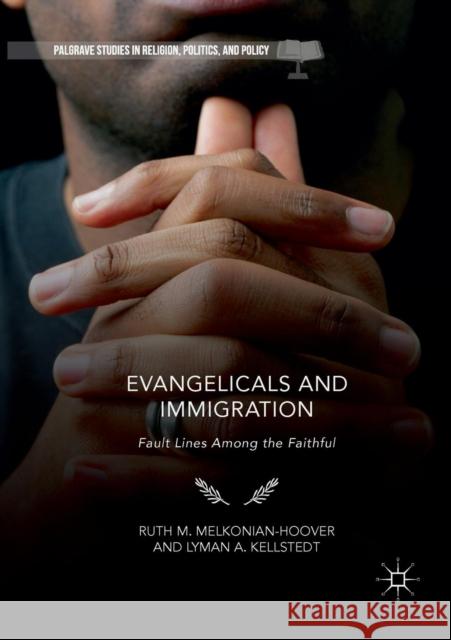Evangelicals and Immigration: Fault Lines Among the Faithful » książka
topmenu
Evangelicals and Immigration: Fault Lines Among the Faithful
ISBN-13: 9783030074494 / Angielski / Miękka / 2018 / 189 str.
Kategorie BISAC:
Wydawca:
Palgrave MacMillan
Seria wydawnicza:
Język:
Angielski
ISBN-13:
9783030074494
Rok wydania:
2018
Wydanie:
Softcover Repri
Numer serii:
000469859
Ilość stron:
189
Waga:
0.25 kg
Wymiary:
21.01 x 14.81 x 1.12
Oprawa:
Miękka
Wolumenów:
01
Dodatkowe informacje:
Wydanie ilustrowane











